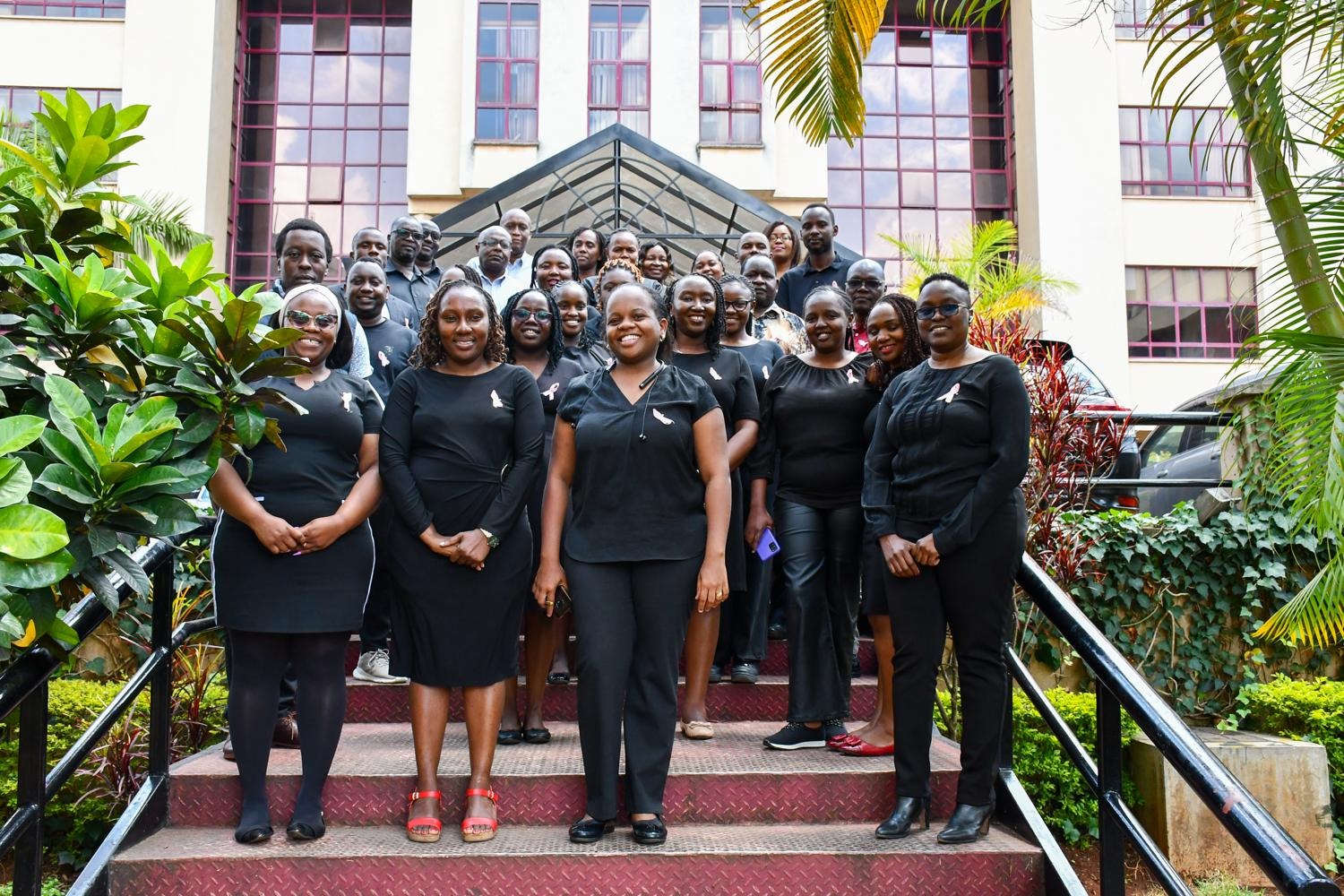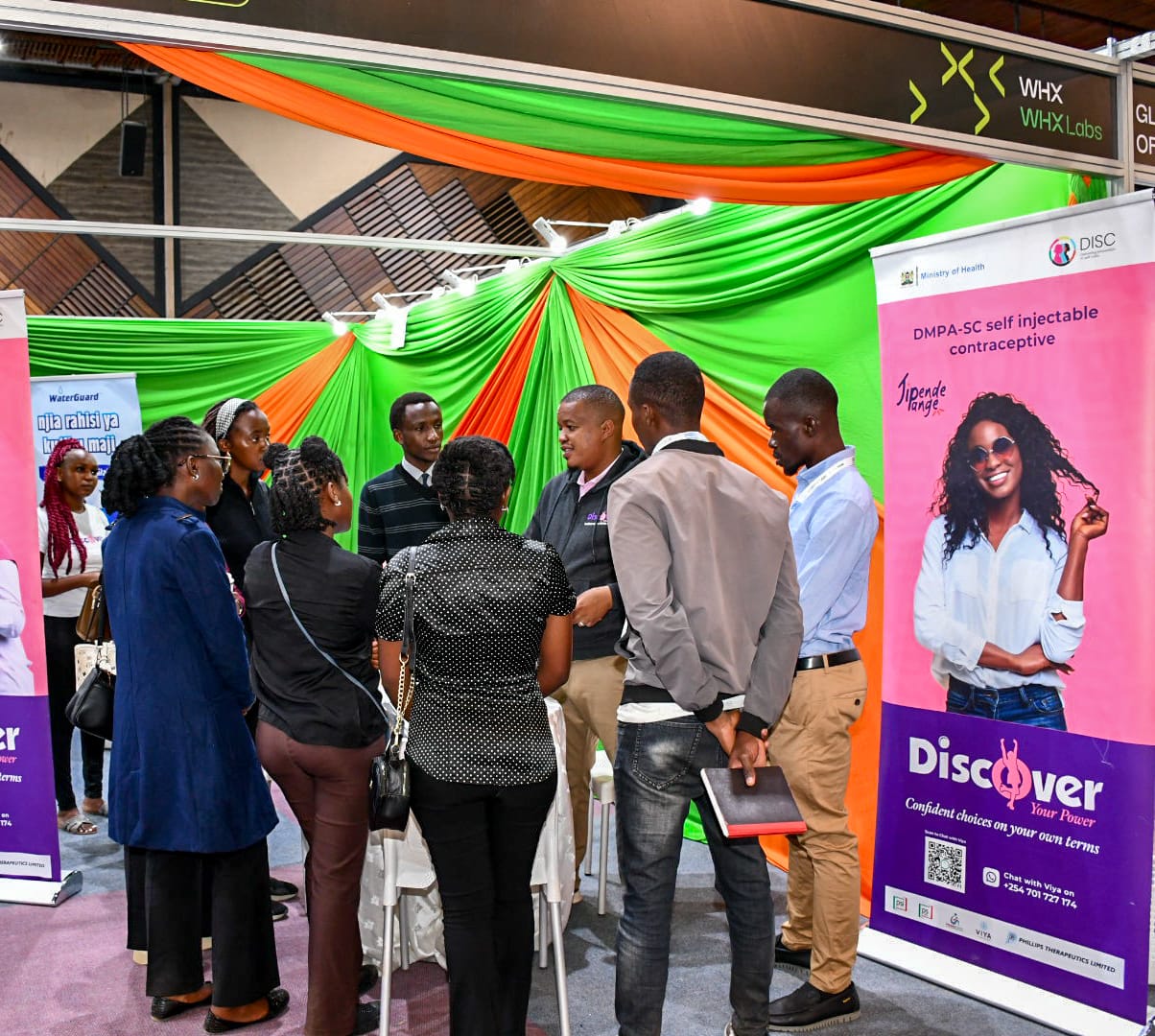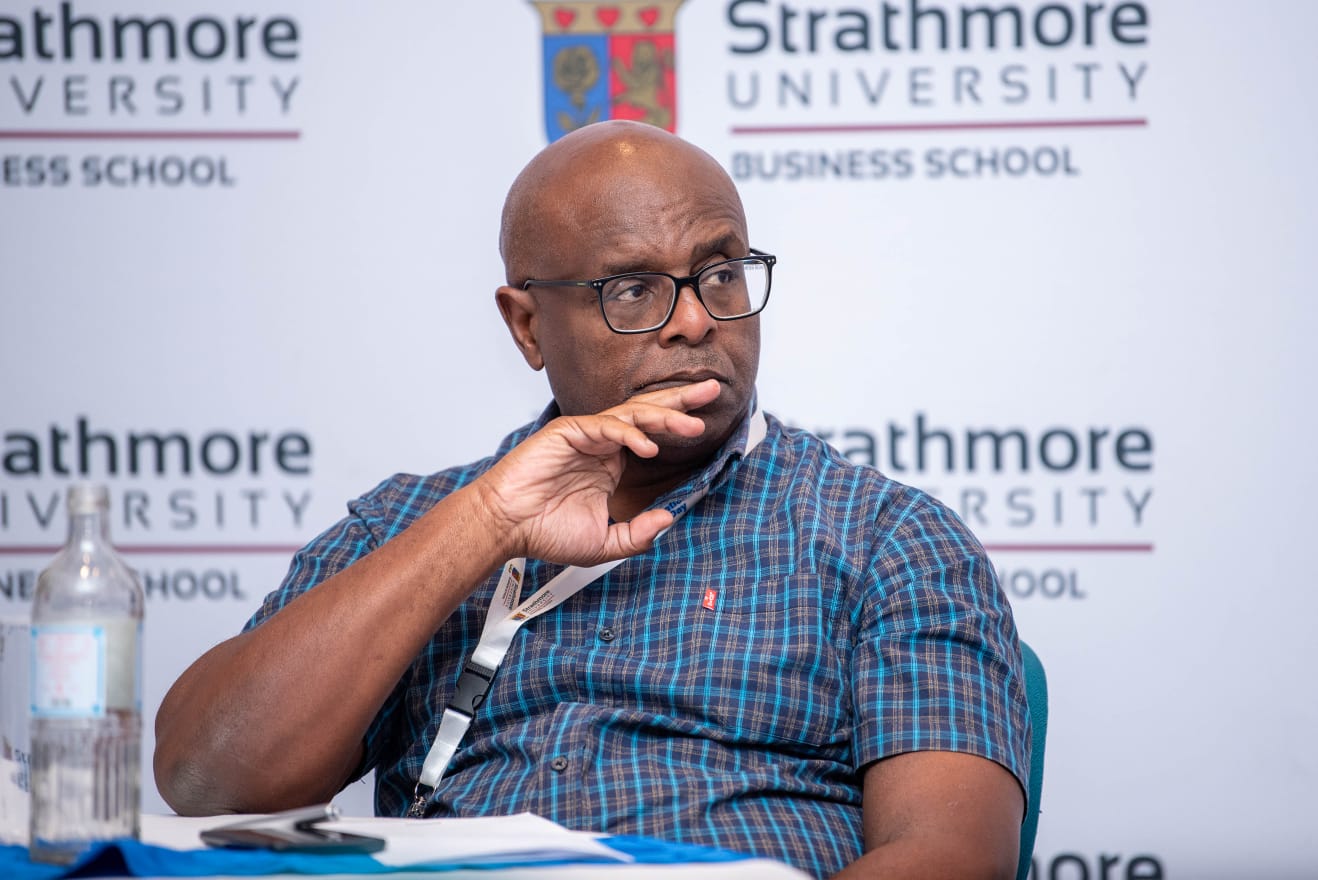After an 18-month journey of implementation, PS Kenya’s Vaccination Action Network (VAN) project concluded its operations on April 25, 2024, in the Njoro and Rongai sub-counties of Nakuru County, leaving behind a legacy of success. What commenced as a targeted response to combat the COVID-19 pandemic swiftly evolved into integrated vaccination outreaches and impactful social behaviour change communication campaigns, carried out by the sub-county health management teams.
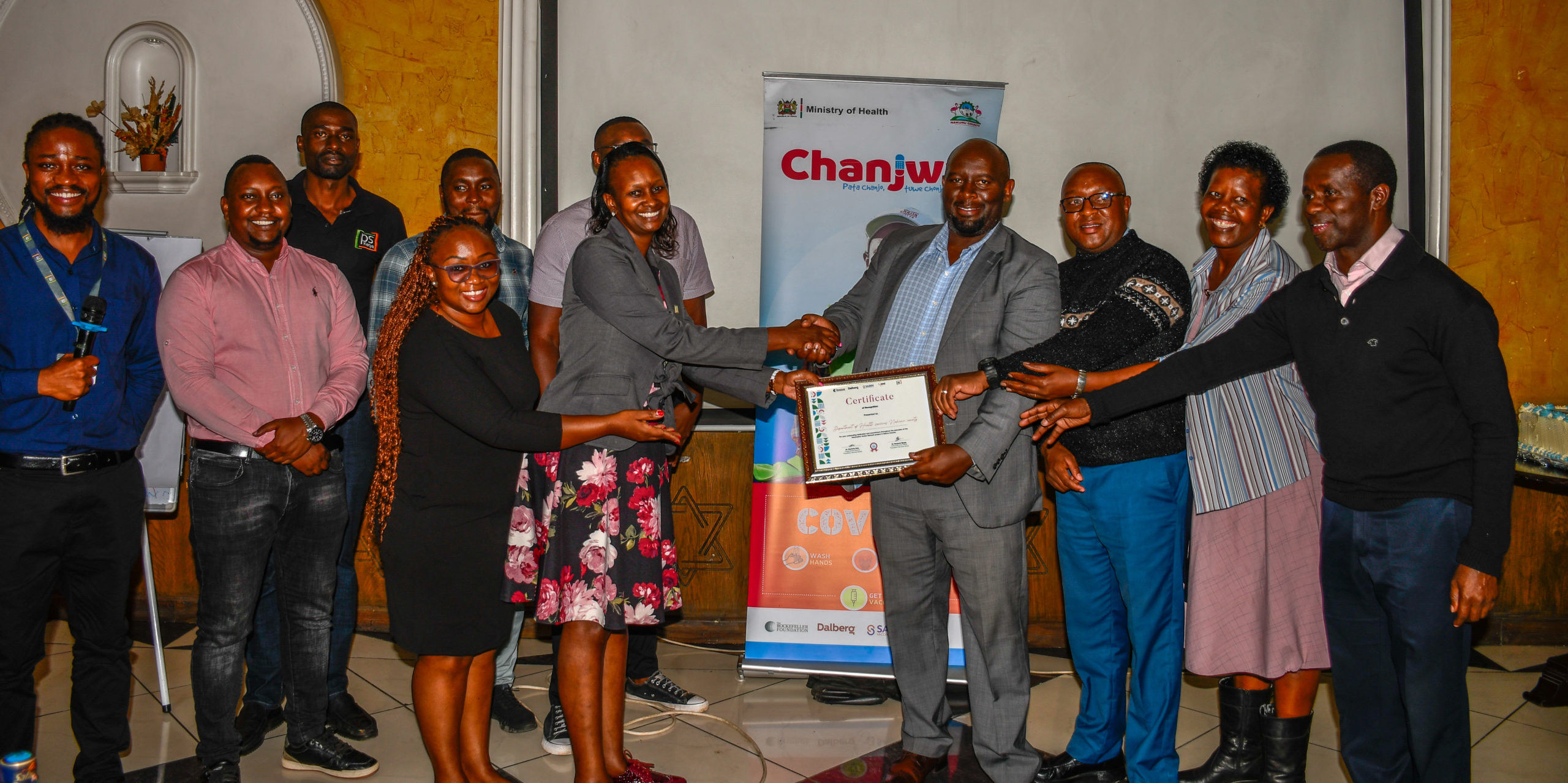
The project achieved a significant milestone by fully vaccinating over 15,000 individuals, with a noteable 54% female participation compared to 46% male participation. This achievement not only reflects the project’s effectiveness in reaching diverse segments of the population but also sheds light on broader societal dynamics, such as the prevalent hesitancy among men to seek out health services, a trend observed globally.
To address this hesitancy, the VAN project strategically leveraged the public address system and engaged Community-Owned Resource Persons (CORPs). Through targeted messaging delivered via the public address system, the project effectively disseminated accurate information on the importance and safety of vaccination, addressing concerns and misconceptions that may contribute to hesitancy. Additionally, the involvement of CORPs, trusted members of the community, played a pivotal role in engaging with men directly, providing reassurance, and dispelling myths surrounding vaccination.
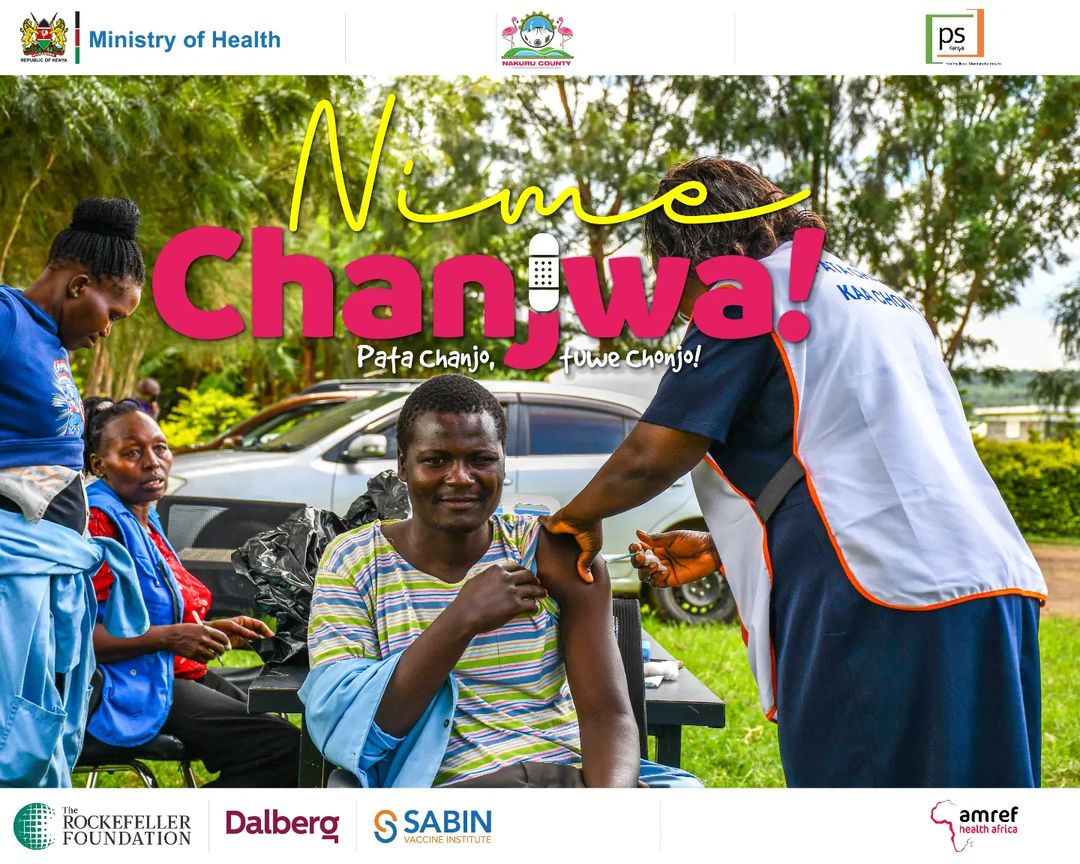
Furthermore, the project demonstrated its commitment to comprehensive healthcare by integrating family planning services during vaccination outreaches. This decision resonated particularly well with women in the community, with injectables emerging as the most preferred method among the range of options offered. This strategic integration not only addressed multiple health needs within the community but also capitalised on the opportunity to reach women who may have been hesitant to access these services through traditional channels.
Recognising the importance of prevention and community awareness in combating infectious diseases, the project seized these outreach opportunities to educate and empower community members on cholera prevention and hygiene practices. By integrating this vital messaging alongside vaccination efforts, the project not only heightened awareness but also instilled practical measures to reduce the risk of cholera transmission within the community.
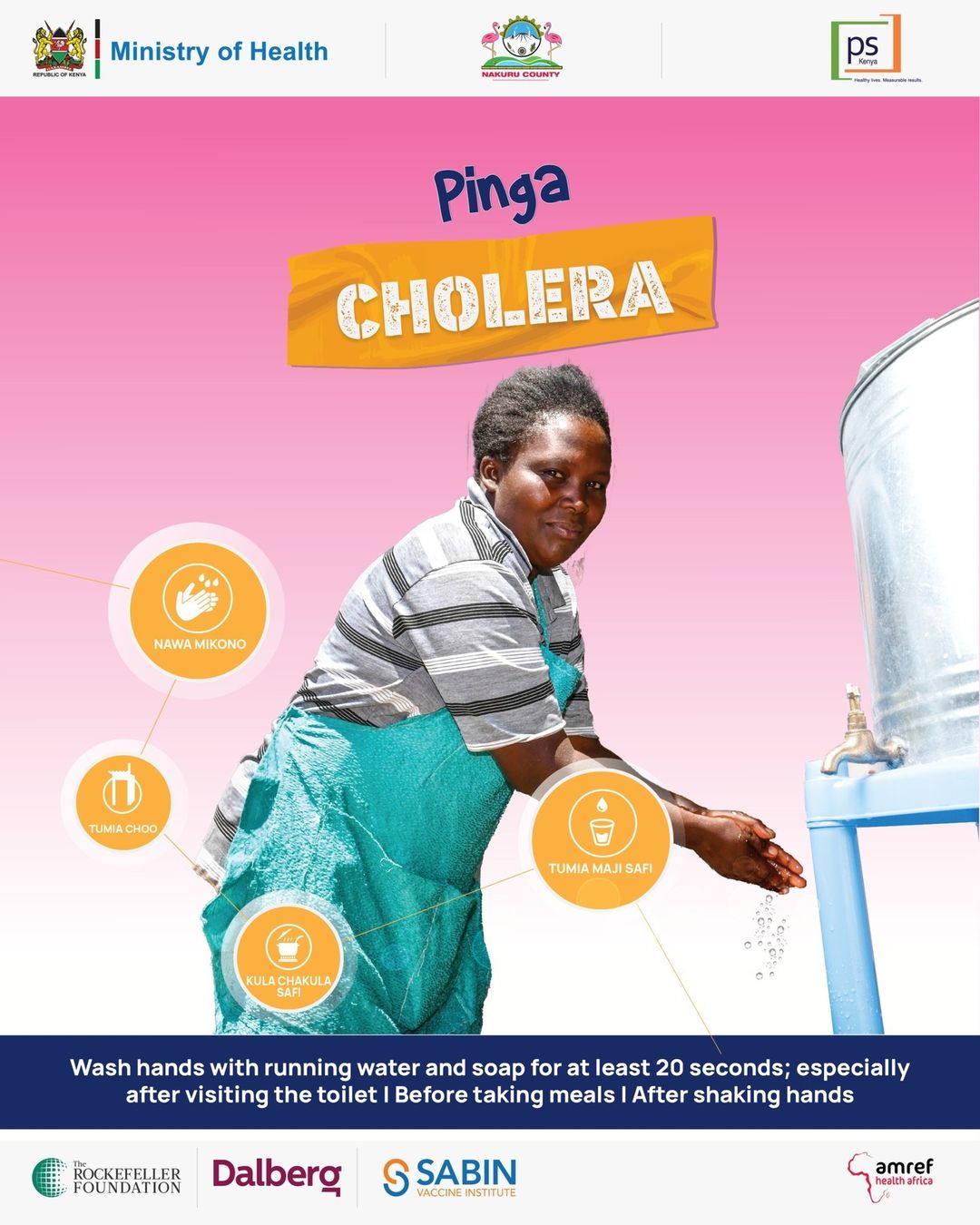
Despite meticulous planning and coordination efforts, intermittent disruptions in vaccine supply posed significant challenges to the project’s smooth operation. These stock-outs not only hindered the timely delivery of vaccinations but also tested the project’s resilience and ability to adapt to unforeseen circumstances. Nevertheless, through proactive communication and collaboration with health authorities at both sub-county and county levels, the project swiftly implemented strategies to address the issue and minimise disruptions to vaccination services.
To ensure the sustainability of project outcomes beyond their conclusion, concerted efforts were made to strengthen health systems and community engagement mechanisms. Recognising the importance of building local capacity, the VAN project focused on enhancing the skills and capabilities of healthcare workers in the two sub-counties through training and capacity-building initiatives. Through equipping them with the necessary knowledge and tools, the project aimed to empower local health systems to continue delivering quality healthcare services long after the project’s conclusion.
As we reflect on the accomplishments of the VAN project, we are reminded of the transformative power of community-led initiatives and the profound impact they can have on improving the lives of individuals and families. Moving forward, PS Kenya remains steadfast in its pursuit of better health and well-being for all, guided by a shared vision of building healthier, more resilient communities where every individual has the opportunity to thrive.

